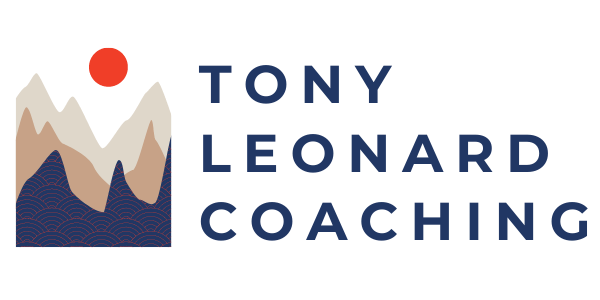Chess and Career Transition Success
My chess instructor taught me three core principles: get your king to safety, develop your pieces, and attack the center.
These three chess principles can be adapted quite nicely to career change: create emotional safety, do research and assess risk, and take action.
Much like getting your King to safety in chess, creating emotional safety is about making moves that protect you from harmful attacks. In my experience, when we’re attempting a major career move, some of the most hurtful emotional attacks come, sadly, from our family. They often have decades long expectations of us. It’s often difficult for them to imagine a different professional life for us. To create emotional safety, we can be very intentional about what we tell our family and when. We can also create connections with people (friends, colleagues, and family) who are open-minded about career change.
Developing your pieces in chess means getting your major pieces off the back line and into the game. It’s about setting up conditions for future success. Beginning research now for a career change is similar. If you’re considering a career change, you don’t have to go for checkmate today. But you want to start doing the research that will allow you to assess the risks involved. For example, if you have a ‘fantasy’ of quitting your job to start a coconut farm, you don’t have to quit today. You can begin to research what is necessary to start a coconut farm. You can begin to identify costs and pave out financial scenarios that give you more clarity about risks. But if you don’t start developing your pieces now, in five months you’ll still be in the same place with no opportunity for checkmate.
Attacking the center is about putting chess pieces in positions where they can be the most powerful and control the most squares. This is a general principle. There are many times when attacking down the flanks makes more sense. But generally, a knight in the middle of the board can attack more squares than a knight on the side of the board. When thinking about a major career move, you gotta start taking action. For example, you could reach out to someone who is familiar with starting a coconut farm. Your research has identified this person, you don’t know this person, but it’s time to email this person. You have no idea what the person is gonna say. Just like a chess player often has no idea what her opponent will do, especially at the beginning of the game. If you don’t take this action, you miss out on 100% of the benefits this person could bring, including their experience, connections, community, advice, and knowledge.
In sum, when playing chess, get your king to safety, develop your pieces, and attack the center. When starting a career change, create emotional safety, do research and assess risk, and take action.
Explore Best career podcasts and career blog .
